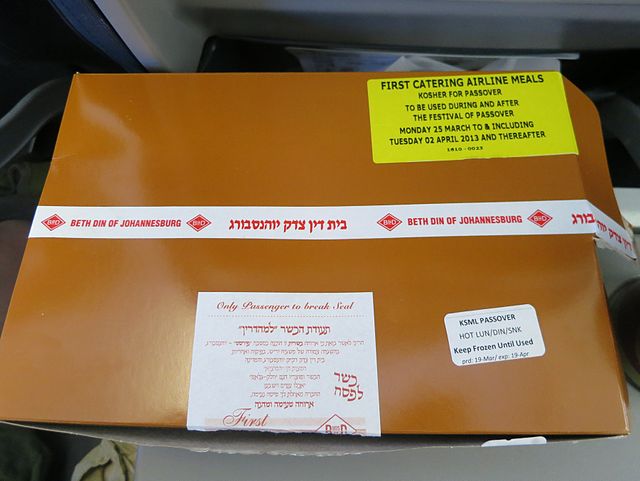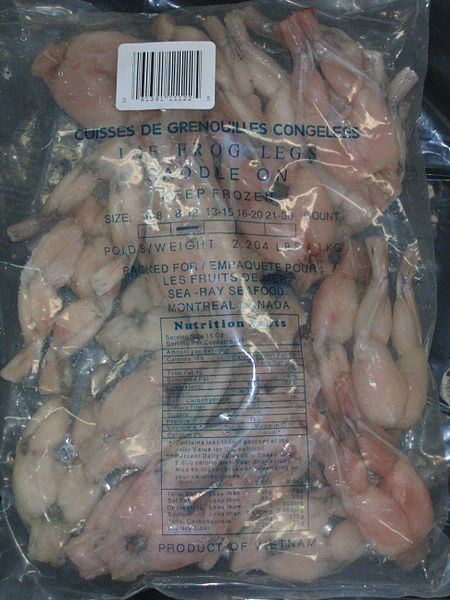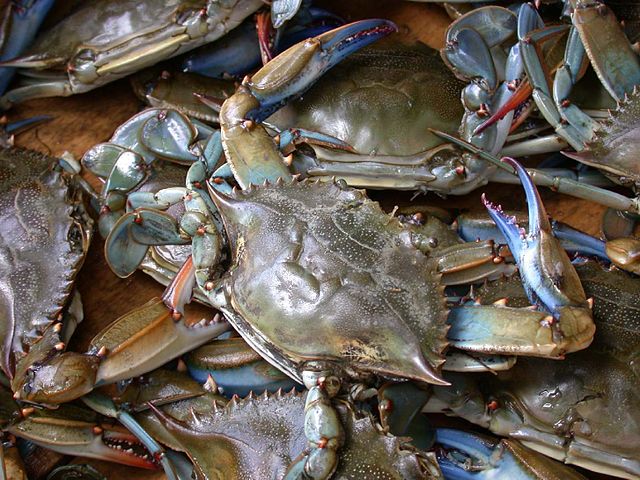Kashrut is a set of dietary laws dealing with the foods that Jewish people are permitted to eat and how those foods must be prepared according to Jewish law. Food that may be consumed is deemed kosher, from the Ashkenazi pronunciation of the term that in Sephardic or Modern Hebrew is pronounced kashér, meaning "fit". Food that may not be consumed, however, is deemed treif, also spelled treyf.
Kosher airline meal approved by The Johannesburg Beth Din
Cloven hooves in goats (upper left), pigs (lower left), and cattle (lower right). Horse hooves (upper right) are not cloven.
A 15th-century depiction of shechita
Kosher dairy dishes from the 19th century in the Jewish Museum, Berlin
Food and drink prohibitions
Some people do not eat various specific foods and beverages in conformity with various religious, cultural, legal or other societal prohibitions. Many of these prohibitions constitute taboos. Many food taboos and other prohibitions forbid the meat of a particular animal, including mammals, rodents, reptiles, amphibians, fish, molluscs, crustaceans and insects, which may relate to a disgust response being more often associated with meats than plant-based foods. Some prohibitions are specific to a particular part or excretion of an animal, while others forgo the consumption of plants or fungi.
"Use of eggs, meet & vine [meat and wine] is strictly prohibited here." Jaisalmer, Rajasthan, India. 1993
A bag of frog legs from Vietnam.
Dromedary camel
Blue crabs, Callinectes sapidus, for sale at a market in Piraeus.





!["Use of eggs, meet & vine [meat and wine] is strictly prohibited here." Jaisalmer, Rajasthan, India. 1993](https://upload.wikimedia.org/wikipedia/commons/thumb/8/88/Use_of_eggs%2C_meet%2C_vine_is_prohibited._Jaisalmeer._93.jpg/640px-Use_of_eggs%2C_meet%2C_vine_is_prohibited._Jaisalmeer._93.jpg)


